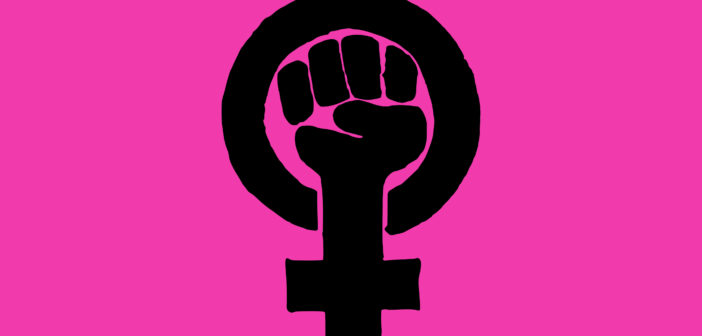Feminism, a word that has been taken to mean many things over the years. However, a newer wave of feminism, third-wave feminism, has been making a splash.
Third-wave feminism consists of women who define their own version of feminism and how they view themselves. It broadens the scope of feminists and lets them be their own woman. It has opened the doors for women of different backgrounds and does not shame women for how they choose to express their sexuality.
Third-wave feminism embraces all.
Built on empowerment, the movement of third-wave feminism has greatly impacted women worldwide. It has challenged the dominance of privileged, white, heterosexual Western women in defining what feminism is and who it is for.
It has questioned the idea of a universal female identity and given voice to women of many different races, classes, ethnicities, nationalities, religious backgrounds and sexual orientations. It has also challenged the gender binary—refuting the idea that we are all either “male” or “female,” said Jennie Smith-Pariola, professor of a recent feminism course at North Central.
Amy Buxbaum, associate professor of communication weighed in: “The fact that third-wave feminism exists means that there is still much work to be done in order to achieve gender equality.”
A newfound freedom for women comes along with the movement of third-wave feminism. Arms wide open, third-wave feminists welcome women from any background and empowers them to be who they want to be.
“I think the third wave has benefited the idea of feminism tremendously. The third wave highlights the vast diversity of women’s experiences and addresses how gender, race and class inequality are inextricably linked. The third wave also acknowledges that structural, institutional and legal change is not enough. Only when we make visible the cultural practices of patriarchy do we have any chance of changing them,” said Buxbaum.
However, this movement has been speculated by critics. “Third wave feminism has been criticized by some for focusing too much on identity politics and not enough on challenging policy and changing laws, but I’m not sure that’s the case,” said Smith-Pariola.
There are even critics out there who label third-wave feminism as entitlement meaning some critics believe this movement is being led by women who only want to be better than men. Critics believe that third-wave feminists are simply looking to be more powerful than men, but that’s not the case.
Just like other feminists’ movements, third-wave feminism is searching for equality. It is just doing so in different ways.

